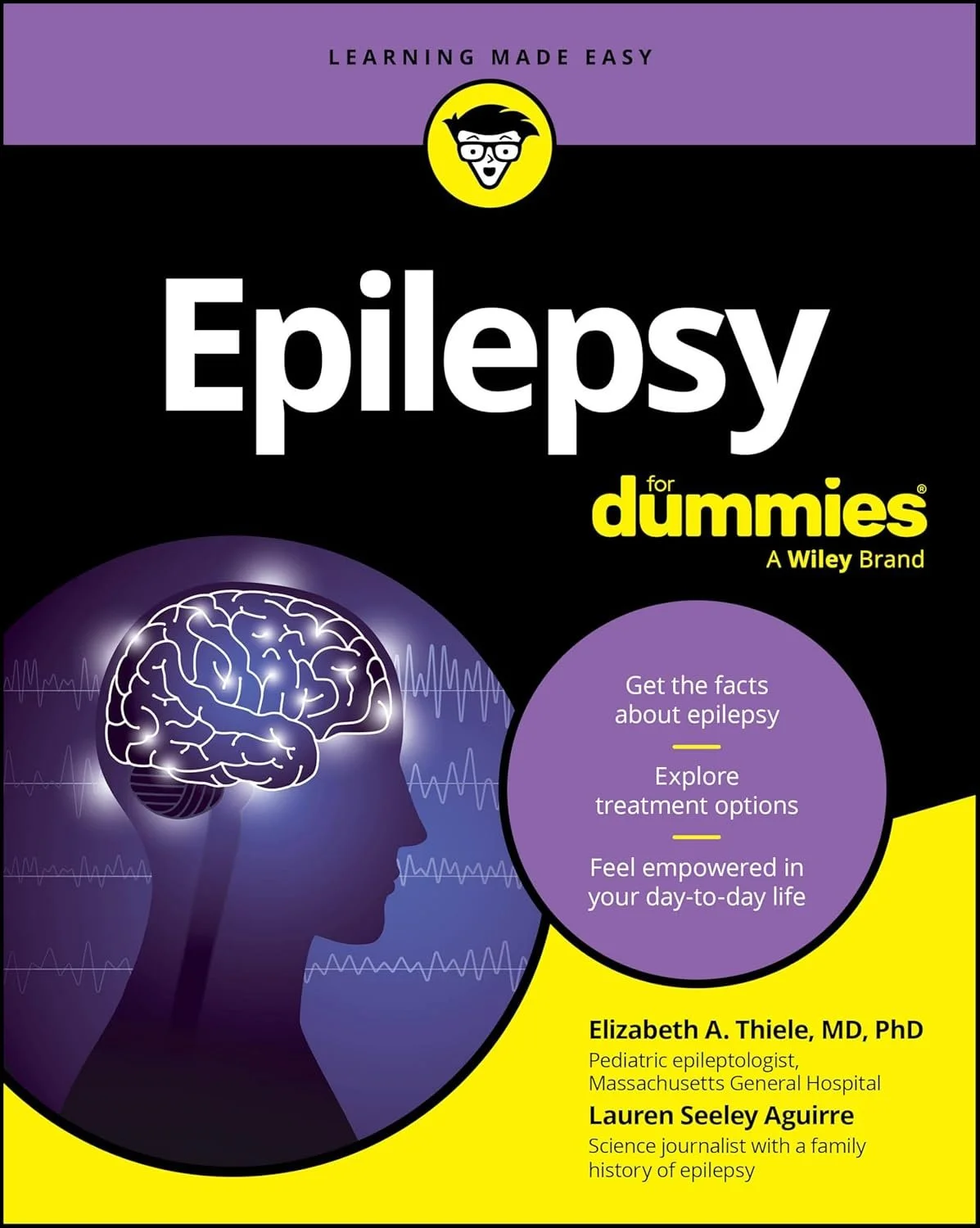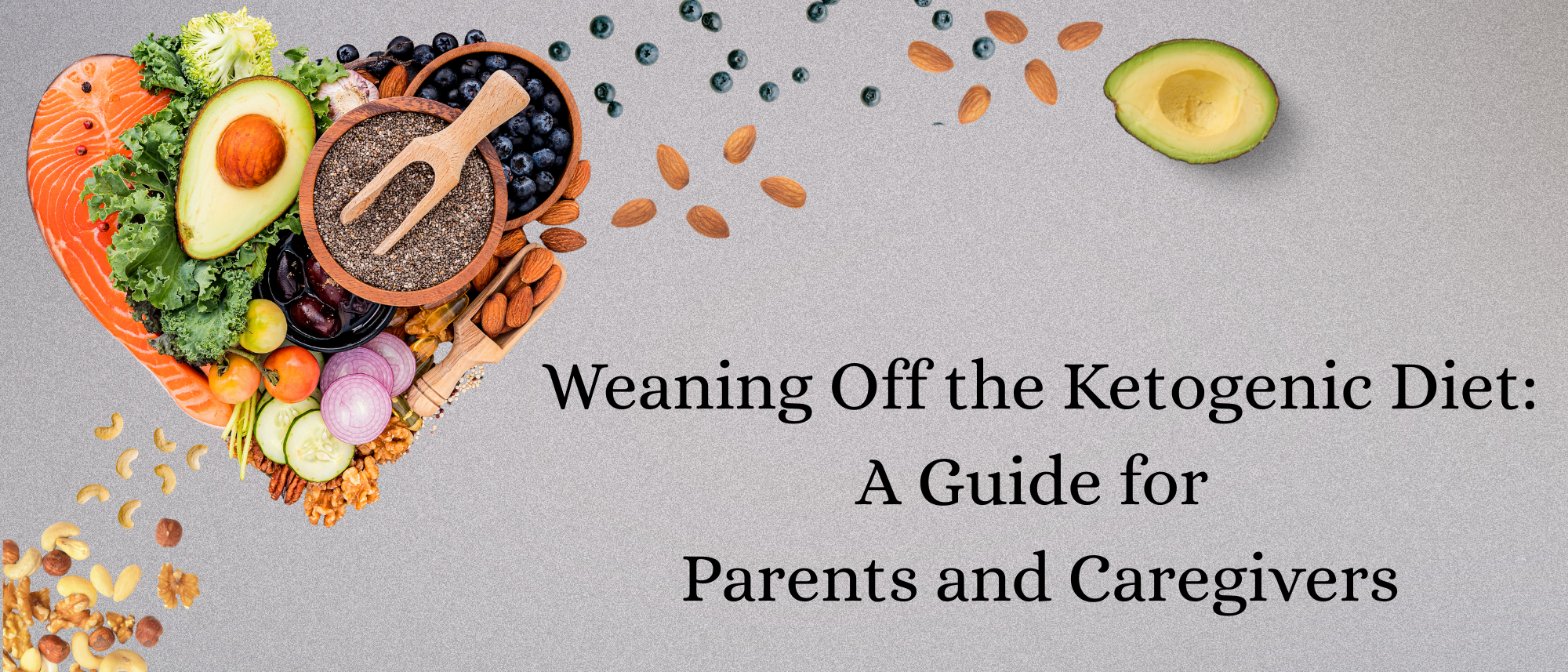Supplements, Supplements, Supplements: What Are They for and Why Are They Important?
/By: Laura Dority MS RD LD
As a ketogenic dietitian, I get a lot of comments and questions about the vitamin/mineral supplements recommended on a keto diet. “I wanted to do this diet to get off some medications and now I have to take a handful of vitamins every day” is a complaint I’ve heard a time or two. And I totally get it – it’s a valid complaint! On the other hand, as the RD, I am concerned when patients do not grasp that vitamins and minerals are JUST AS IMPORTANT as some medications.
So let’s talk some details about why your ketogenic dietitian is recommending certain vitamin/minerals and why it’s important not to be wishy-washy about consistently taking them.
Let’s start with a simple definition – vitamins and minerals are nutrients needed in small quantities in order for the human body to develop and function properly. In most cases, our bodies cannot make vitamins and minerals; therefore, we have to get them from outside sources such as food and sunlight. 13 vitamins and more than 20 minerals have been identified and are primarily present in carbohydrates (fruits, vegetables, enriched grains) and in proteins (nuts, meats, dairy). Fats, such as oil and butter, contain few vitamins/minerals yet contribute to the majority of the calories consumed on a keto diet.
Research has shown time and time again that all forms of keto diet therapy (“classic”, modified, MADE, LGIT) are lacking multiple vitamins and minerals including the following:
Vitamins: B’s (thiamin, folate, riboflavin, niacin, B12), C, D
Minerals: Calcium, magnesium, phosphorus, selenium, zinc, iron
Studies show growth problems may be related to calcium and vitamin D levels. A systematic review in 2011 showed drops in selenium and magnesium levels at 12 months for children on the “classic” keto diet and multiple case studies have been reported for low selenium as well.
Supplementation, or in some cases carefully chosen foods in specific quantities, is 100% necessary to prevent vitamin and mineral deficiencies. Keep in mind that the more restrictive the approach of keto diet therapy, the higher the risk of nutrient deficiencies. Why? The higher the fat intake the lower the carb and protein intake; therefore, lower amounts of vitamins and minerals naturally found in the foods being consumed.
How does your ketogenic dietitian determine what supplements are needed?
Vitamins and mineral needs are based on the Dietary Reference Intake (DRI) which are developed and published by the Institute of Medicine. The DRI represents the most current scientific knowledge on nutrient needs of healthy populations. While these guidelines vary by age and sex, they are not necessarily a reflection of exactly how much an individual will need. An individual’s needs may be higher or lower due to a variety of factors such as medications, metabolism, lean body mass, and mobility (to name a few). Unfortunately, there are not specific standards for the epilepsy population. Despite the fact that individual needs may vary slightly, using the DRI guidelines is the best way to assure the majority of nutrient needs are met.
Ketogenic Formula Options:
KetoVie® products manufactured by Cambrooke™ Therapeutics and KetoCal® products manufactured by Nutricia contain large amounts of vitamins and minerals. In order to avoid over supplementing, the amounts of vitamins and minerals provided by these products should be considered. On the other hand, just because you are on one of these products doesn’t mean additional supplementation is not needed – it all depends on the volume, labs and the individual.
Keto Peptide manufactured by Functional Formularies does not contain large amounts of vitamins and minerals so additional supplementation will be necessary.
Standard of Care Guidelines for Ketogenic Diet Therapy:
Classic & Modified Ketogenic Diet/Orally Fed: All vitamins and minerals should be met with supplementation. The small amount naturally found in foods being consumed are a bonus. Patients will need a multivitamin, calcium and vitamin D at a minimum. Additional phosphorus and salts are also commonly needed.
Modified Atkins Diet/LGIT: All patients should take a multivitamin as well as a calcium and vitamin D supplement.
Classic Ketogenic Diet/G-tube or J-tube Fed: For patients that receive a consistent amount of ketogenic formula, the amount of vitamins and minerals provided by these products is calculated and then any remaining “gaps” are filled with supplementation.
For example, a patient taking 720 mL (24 ounces) of KetoCal 4:1 Liquid meets all the DRIs for a 7 year old female EXCEPT calcium – which only meets 64%, so additional calcium would be recommended to achieve 100% of the DRI goal.
Your ketogenic dietitian will also look at lab values and overall health goals to determine need for additional supplementation.
When choosing supplements look for tablets and powders since they are usually the lowest in carbs/sugar. Most liquid and gummy forms will contain too many carbs and should be avoided. Chewables and oral disintegrating tablets can also contain carbs so should be used only under the recommendation of your ketogenic dietitian. Sometimes a chewable vitamin may be recommended if that is the easiest option for the patient and the benefits of the supplement outweigh the risk of the carbs provided. Your ketogenic RD may calculate the carb amount into your individual plan if needed.
Multivitamins:
A multivitamin is going to fill in the most nutrient gaps. Your standard multivitamin (Centrum®/One-A-Day®) are going to contain around 15 to 20 nutrients. When evaluating multivitamins be sure to choose one that includes iron and selenium, but they generally do not contain a significant amount of calcium. Keep in mind that even for pediatric patients an adult formulation may be ideal.
Some of my favorite multivitamins that are keto-friendly are Nano VM® and Phlexy-vits. Both are powders, contain 27 vitamins and minerals (versus ~15 found in your standard multivitamin) -- and they contain large amounts of calcium. Due to their completeness, using one of these specialty vitamins may allow you to reduce the number of supplements needed on a daily basis – think of it as an all-in-one approach.
Calcium and Vitamin D:
Evidence strongly indicates that patients with epilepsy have a higher risk of fractures – 2-6X the risk compared to the general population. Assuring adequate calcium and vitamin D can dramatically reduce this risk.
Numerous low carbohydrate formulations are widely available. Getting a product with both calcium and vitamin D (and sometime even magnesium) can cut back on the number of supplemented needed.
Calcium is best absorbed in divided doses of 500-600 mg each. Calcium carbonate should be consumed with food versus calcium citrate which can be taken with or without food. Some patients tolerate the citrate form better. Keto friendly food sources of calcium include cheese, fortified unsweetened nut-based milks (almond/coconut/etc) and leafy greens such as kale and broccoli.
Vitamin D has many functions in the human body – far outside just bone health – including an active role in immunity, blood pressure, cardiac health, cancer prevention and cognition. When choosing a supplement, cholecalciferol (D3) may be better absorbed than ergocalciferol (D2). Doses are commonly prescribed based off of blood levels but 1000 IU is a good maintenance starting point for most patients. Do not fall into the mind set of more is better though because vitamin D supplements in large amounts can be toxic. Generally exceeding more than 4000 IU/day is not recommended.
Frustrating Fact: Heavy cream – a huge component of many keto diets- does not contain significant amounts of vitamin D or calcium. I know, I know….it’s a dairy product so one would think it would be a good source but unfortunately that is not the case.
Other vitamin/mineral supplements:
Phosphorus: The more restrictive forms of keto diet therapy may need additional phosphorus supplementation. Good keto friendly food sources of phosphorus include dairy, meat, poultry, nuts, eggs, pumpkin seeds and peanut butter.
Zinc: In most cases the amount in a multivitamin will be adequate. Your keto team will likely check your blood level periodically and if low an additional supplement may be needed. Zinc deficiency can impair growth and wound healing as well as alter taste and lead to hair loss. Keto friendly food sources include meat, seafood, and nuts/seeds.
Selenium: As long as your multivitamin includes selenium the risk of deficiency is very low. Your keto team will check your level yearly. Good keto friendly food sources include meat, seafood and Brazil nuts.
Fish Oils (Omega-3’s): Often supplemented for overall health for those that do not eat a consistent amount of fatty fish or to help lower elevated triglyceride levels. When choosing a supplement be sure to choose a marine source and one that provides about a 50/50 mix of eicosapentaenoic acid (EPA) and docosahexaenoic acid (DHA).
Carnitine: Carnitine is important for the conversion of fat into useable energy. Due to the high fat content of the keto diet and higher demand for carnitine, levels may decrease (especially for those on valproate/valproic acid). Generally, supplementation is recommended when free carnitine levels are low. Deficiency presents as muscle weakness, poor weight gain, hypoglycemia and fatigue. The best source of dietary carnitine are meat products.
Salts: Your keto team may recommend a variety of salt products such as potassium-based salt substitutes, lite salt, or table salt. These are generally prescribed in small quantities to meet your potassium, salt and chloride needs and to keep your electrolytes in balance. If your team has included these on your keto regimen, it is important to consistently take these products every single day.
This list of supplements could go on and on…your keto team may recommend pancreatic enzymes to aid in digestion, sunflower lecithin (choline) for elevated cholesterol, potassium citrate for kidney stone prevention and/or sodium bicarbonate for acidosis. You as a caregiver or patient may be interested in taking other supplements such as herbs, probiotics, exogenous ketones, and/or essential oils.
My best recommendation, regardless of which role you play - the caregiver/patient or the healthcare professional -- is…LISTEN TO EACH OTHER. If your healthcare team is recommending a supplement, it’s for a reason –take it as prescribed as it may make the keto diet more effective and prevent side effects. If your patient is inquiring about a supplement that is not well studied – keep an open mind. After first evaluating if the supplement is safe, allow the patient to use it. Maybe it will help – as we know many supplements are not well studied but that doesn’t necessarily mean they aren’t effective. Remember, it’s a team approach that includes both the healthcare providers but also the patient and caregivers!
Resources:
Arslan N, Kose E, Guzel O. The effect of ketogenic diet on serum selenium levels in patients with intractable epilepsy. Biol Trace Elem Res 2017;178:1–6.
Bergqvist AG, Schall JI, Stallings VA. Vitamin D status in children with intractable epilepsy, and impact of the ketogenic diet. Epilepsia 2007;48:66–71.
Berry-Kravis E, Booth G, Sanchez AC, et al. Carnitine levels and the ketogenic diet. Epilepsia 2001;42:1445–1451.
Christodoulides SS, Neal EG, Fitzsimmons G, et al. The effect of the classical and medium chain triglyceride ketogenic diet on vitamin and mineral levels. J Hum Nutr Diet 2012;25:16–26.
Kossoff EH, Zupec-Kania BA, Auvin S, et al. Optimal clinical management of children receiving dietary therapies for epilepsy: Updated recommendations of the International Ketogenic Diet Study Group. Epilepsia Open 2018;3(2):175-192.























